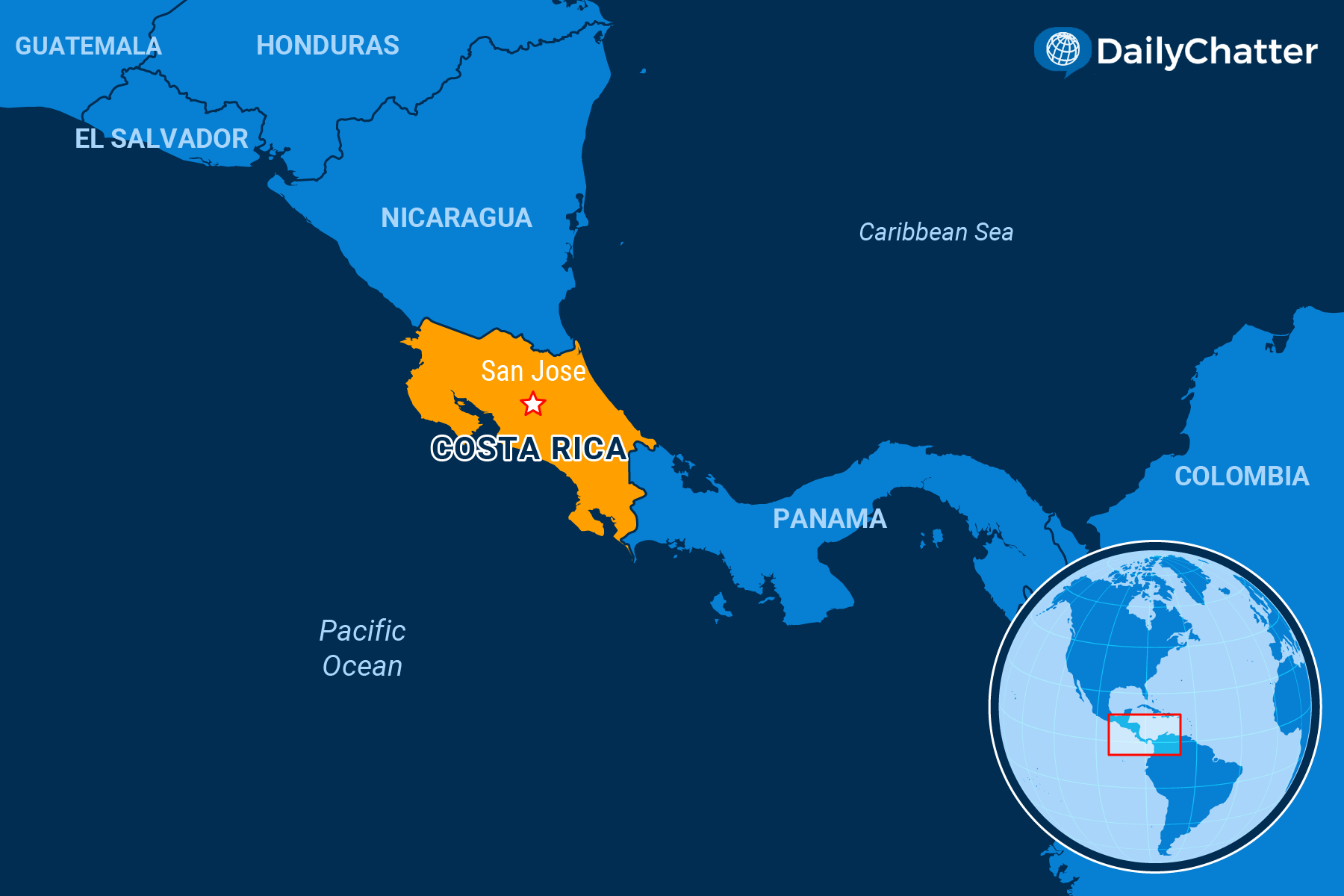
The World Today for February 04, 2022
NEED TO KNOW
Holding the Nose
COSTA RICA

Costa Rican leaders face hard choices. Their constituents, meanwhile, feel as if they are being left with none.
Costa Rican tourism this year is expected to reach 40 percent of 2019 levels, before the coronavirus pandemic, the Costa Rica News reported. American officials recently warned US citizens to steer clear of the country, noting that Covid-19 levels were extremely high, added the Washington Post.
The pandemic-triggered downturn has added economic worries to Costa Rican voters’ preexisting concerns about politics as they prepare to cast ballots for a new president on Feb. 6. The country, incidentally, is a solid democracy with a history of well-organized elections, according to Freedom House.
The plunge in tourism dollars has caused unemployment to soar, the gap between rich and poor to grow wider and the national debt to skyrocket to 53 percent of gross domestic product – not high in relative terms compared to North American or European countries but a burden for a small nation like Costa Rica, explained the Americas Society/Council of the Americas. In Latin America, only Argentina and Brazil are more indebted.
Incumbent President Carlos Alvarado of the Citizens Action Party (PAC) is not permitted to run for a second term. He wouldn’t likely win if he could. His popularity stands at 15 percent.
But those who can assume office aren’t well-liked, either. Alvarado won in 2018 after voters lost confidence in the two parties that traditionally vie for power in Costa Rica: the left-leaning National Liberation Party (PLN) and the conservative Social Christian Unity Party (PUSC). Their candidates, former President José María Figueres and ex-Vice President Lineth Saborío, enjoy around 17 and 15 percent support respectively, reported Agence France-Presse.
The PLN and PUSC lost power in 2018 in part because the Inter-American Court of Human Rights issued a controversial ruling that legalized same-sex marriage, dividing the electorate, and because both parties consistently enact policies that help big business while ignoring the plight of workers and the poor, argued the NACLA Report on the Americas.
Alvarado arguably continued those policies, enacting a tax reform bill that he claimed was designed to reduce the country’s debt but which drew the ire of protesters who said it would disproportionally hurt the poor. More protests erupted recently when Alvarado announced but then rescinded new taxes as part of an International Monetary Fund bailout, Al Jazeera reported.
Something must be done. But voters can’t coalesce around anyone to do it.
To read the full edition and support independent journalism, join our community of informed readers and subscribe today!
Not already a subscriber?
If you would like to receive DailyChatter directly to your inbox each morning, subscribe below with a free two-week trial.
Support journalism that’s independent, non-partisan, and fair.
If you are a student or faculty with a valid school email, you can sign up for a FREE student subscription or faculty subscription.
Questions? Write to us at [email protected].
